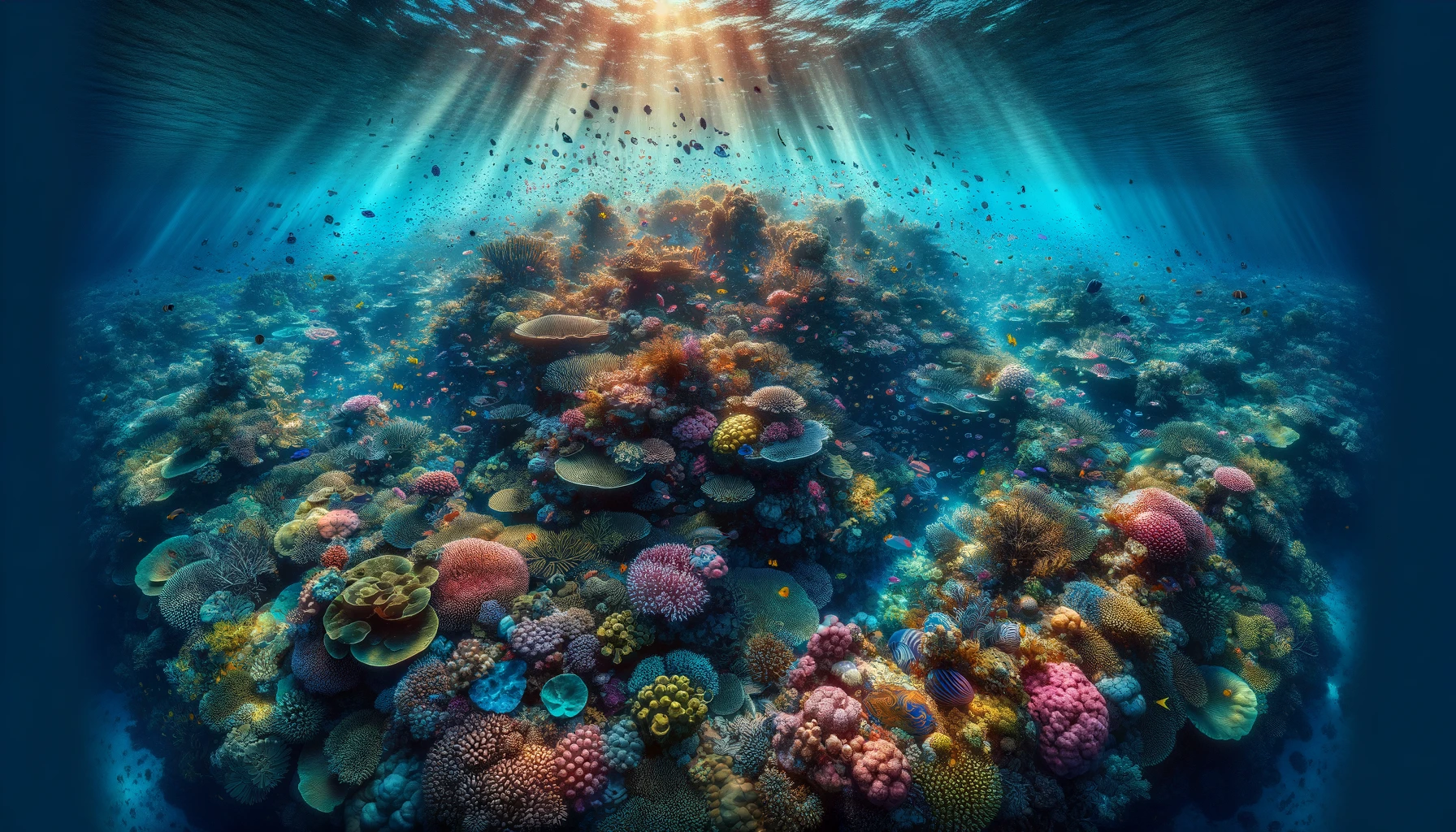In a groundbreaking discovery, scientists have revealed that the world’s coral reefs cover an area 25% larger than earlier estimates suggested. Utilizing a blend of high-resolution satellite imagery, advanced machine learning algorithms, and invaluable insights from a global network of coral reef communities, researchers have identified an additional 64,000 square kilometers of coral reefs, equivalent to the size of Ireland. This revelation adjusts the total area of the planet’s shallow water reefs to approximately 348,000 square kilometers, an expanse comparable to the size of Germany.
The research, facilitated by the Allen Coral Atlas, marks a significant advancement in understanding coral reef ecosystems. By integrating satellite data from the Sentinel-2 and Planet Dove CubeSat satellites with direct observations from over 400 individuals and organizations across coral-bearing regions, the team has crafted the world’s first comprehensive map detailing the extent and composition of coral reefs.
This detailed mapping effort identifies the vast swaths of coral ecosystems, including areas with hard bottoms conducive to significant coral growth, but also distinguishes between different types of coral habitats, from sandy-bottomed lagoons to living coral walls. Such precise mapping is unprecedented and provides a critical tool for reef management agencies worldwide, enabling more effective conservation planning and threat assessment.
Conservation implications and future directions
The discovery comes at a crucial time for coral reefs globally. As climate change escalates, warming and acidifying oceans pose severe threats to these biodiversity hotspots. Coral polyps, the building blocks of reefs, are especially sensitive to temperature increases, which can lead to coral bleaching and significant ecosystem disruptions. Recognizing the full extent of shallow water reefs, alongside new findings of large deep-water coral ecosystems, is vital for directing conservation efforts and mitigating climate change impacts.
Efforts are underway in various countries, including Indonesia, Panama, Belize, and Australia, to leverage the new maps to enhance coral reef conservation. These efforts aim to safeguard the biodiversity that coral reefs support, constituting about a quarter of all marine species.
A call to action
The comprehensive mapping of the world’s coral reefs through the Allen Coral Atlas initiative is not just an academic achievement but a call to action. As the maps inform real-world conservation strategies, there is growing optimism that targeted efforts can lead to significant positive changes for coral reefs and the myriad of life they support.
As demonstrated in this project, the collaboration between technology and traditional knowledge sets a precedent for future environmental research and conservation initiatives. As researchers and conservationists continue to uncover the vast and intricate details of coral reef ecosystems, the hope is that these insights will spur global action to protect these natural wonders for future generations.
This discovery highlights the importance of innovative technology and collaborative efforts in understanding and conserving our planet’s natural resources. As we move forward, the detailed maps of coral reefs will undoubtedly play a pivotal role in shaping conservation strategies, ensuring that these vibrant ecosystems continue to thrive amidst the challenges of climate change.





